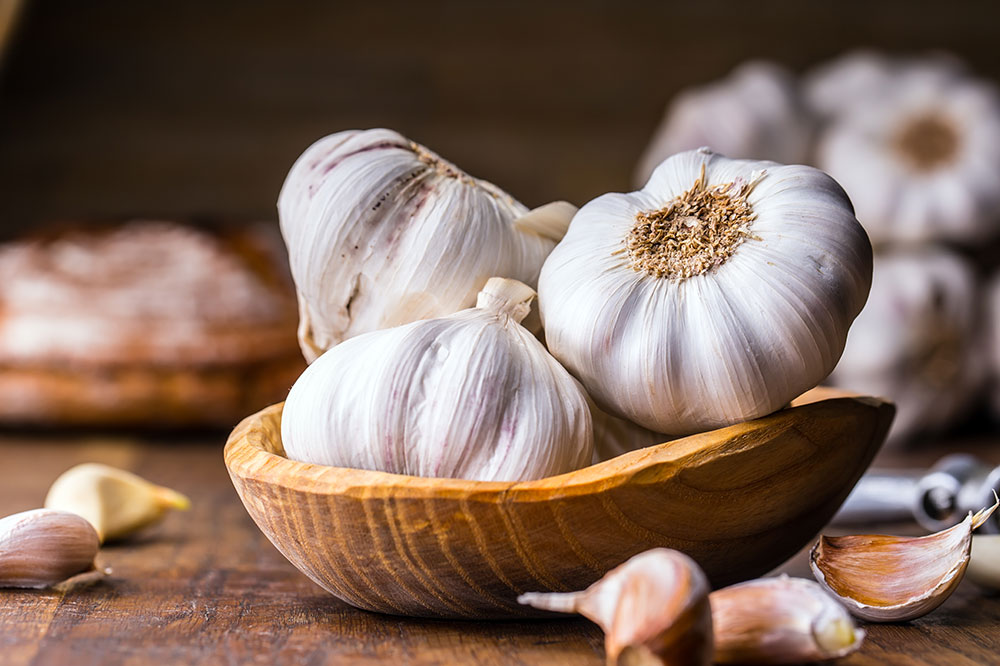Effective Natural Remedies to Relieve Persistent Coughs Naturally
Discover comprehensive natural remedies to alleviate persistent coughs. From licorice root and thyme tea to ginger-peppermint syrup, pineapple, and pepper-honey blends, learn how to soothe irritated airways, reduce mucus, and boost respiratory health naturally. These safe, affordable treatments are suitable for anyone seeking gentle cough relief without side effects, promoting better breathing and overall well-being with ingredients found in your kitchen or herbal stores.

Explore Five Proven Natural Approaches to Ease Coughing Symptoms
Coughing serves as the body's natural defense mechanism, aiming to clear the respiratory tract of irritants, mucus, or foreign particles. While a cough often indicates the body’s attempt to protect itself, lingering or persistent coughs can be troubling and sometimes signal underlying health concerns such as respiratory infections, allergies, asthma, or gastroesophageal reflux disease (GERD). While pharmaceutical remedies can offer quick relief, many individuals prefer or seek complementary natural methods that are gentle, cost-effective, and free from potential side effects.
Understanding the importance of natural solutions, this comprehensive guide delves into five effective herbal and home remedies that have stood the test of time for alleviating cough symptoms. These natural treatments not only soothe irritated throat tissues but also assist in reducing mucus production, calming inflamed airways, and supporting overall respiratory health.
1. Licorice Root Tea: Nature’s Soothing Expectant
Licorice root, known scientifically as Glycyrrhiza glabra, has been used for centuries in traditional medicine for its remarkable ability to soothe the throat and support respiratory health. Its natural expectorant qualities help in loosening stubborn mucus, which often causes the persistent coughs associated with colds or bronchitis. Licorice root also possesses anti-inflammatory properties, aiding in calming inflamed mucous membranes in the airway passages.
To prepare licorice root tea: Take two tablespoons of dried licorice root and place them in a heatproof cup. Pour 8 ounces of boiling water over the herbs, cover, and steep for 10-15 minutes. Strain the tea to remove residual root pieces, and enjoy it warm. It is recommended to drink this tea twice daily—once in the morning and once before bed—to maximize its soothing effects.
However, it’s essential to consume licorice in moderation, especially for individuals with high blood pressure, kidney disease, or heart issues, as excessive intake can lead to undesirable side effects such as elevated blood pressure or fluid retention.
2. Thyme Tea: An Antimicrobial and Bronchial Relaxant
Thyme (Thymus vulgaris) is a potent herb renowned for its antibacterial and antispasmodic properties. It has been traditionally used to treat coughs, chest congestion, and respiratory infections. The active compounds in thyme help destroy harmful bacteria and relax the bronchial muscles, easing constriction that causes difficulty breathing or persistent coughing.
To make thyme tea: Use two tablespoons of dried thyme, bruise or crush the leaves to release essential oils, then pour boiling water over them. Cover and steep for 10-15 minutes, then strain. For added flavor and additional soothing effects, incorporate a teaspoon of honey and a squeeze of lemon. Drinking this herbal tea three times daily can provide significant relief from coughs and chest congestion.
Regular consumption of thyme tea not only alleviates cough symptoms but also boosts immune defense, making it a valuable addition to your natural respiratory care arsenal.
3. Ginger and Peppermint Syrup: A Homemade Mucus-Expelling Remedy
Ginger (Zingiber officinale) and peppermint (Mentha piperita) work synergistically to provide a powerful natural remedy for coughs. Ginger is celebrated for its anti-inflammatory and antiviral properties, while peppermint contains menthol, which acts as a natural decongestant and soothing agent for irritated throats.
This homemade syrup starts by simmering chopped fresh ginger and dried peppermint leaves in water until the liquid reduces by half. Once cooled, strain out the herbs, then stir in a generous tablespoon of honey for added antibacterial and throat-soothing qualities. Store the mixture in the refrigerator and take a small dose—about one teaspoon—several times a day.
This natural syrup helps expel mucus, calm throat tickling, and reduce the frequency and intensity of coughing episodes. Its soothing warmth provides instant relief, especially when symptoms are most persistent or disruptive.
4. Pineapple: A Tropical Cure Rich in Bromelain
Pineapple is not only delicious but also packed with bromelain, an enzyme with significant anti-inflammatory and mucus-digesting properties. Bromelain breaks down proteins in mucus, making it easier to expel and reducing sinus and airway swelling that contribute to persistent coughs.
Consuming fresh pineapple slices or drinking approximately 3.5 ounces (100ml) of pineapple juice three times daily can help mitigate cough symptoms. The bromelain content in pineapple is most potent when the fruit is fresh; therefore, opt for ripe, juicy pineapple over processed options. For added effectiveness, combine pineapple intake with other natural remedies like honey or ginger for a synergistic approach to respiratory relief.
Regular pineapple consumption not only alleviates cough but also promotes easier breathing and reduces inflammation in the sinus and respiratory pathways, supporting overall respiratory wellness.
5. Pepper and Honey Mixture: The Natural Mucus Buster
Black pepper (Piper nigrum) has long been used in traditional medicine to clear lung congestion due to its ability to stimulate circulation and promote the clearing of mucus. Honey, on the other hand, is renowned for its antibacterial and soothing properties, making this combination a potent natural remedy for cough relief.
To prepare this remedy: Mix one teaspoon of freshly ground black pepper with one tablespoon of honey. Pour boiling water over the mixture, stir thoroughly, and allow it to steep for about 10 minutes. Strain if desired, and consume once or twice daily. The warm, flavorful mixture helps loosen mucus, soothe irritated tissues, and reduce cough frequency.
This simple and affordable remedy can be particularly effective during the cold and flu season, providing quick and natural cough relief without pharmaceuticals.
Final Thoughts
Natural remedies offer a safe, affordable, and effective alternative or complement to conventional cough medications. They provide relief from symptoms, support immune function, and promote respiratory health without the risk of adverse effects commonly associated with synthetic drugs. However, it’s crucial to consult with a healthcare provider before starting any new herbal treatment, especially for individuals with pre-existing health conditions or those pregnant or nursing.
By incorporating these natural remedies into your daily routine, you can effectively manage cough symptoms, improve breathing, and support overall respiratory wellness, all while enjoying the benefits of nature’s healing powers.





